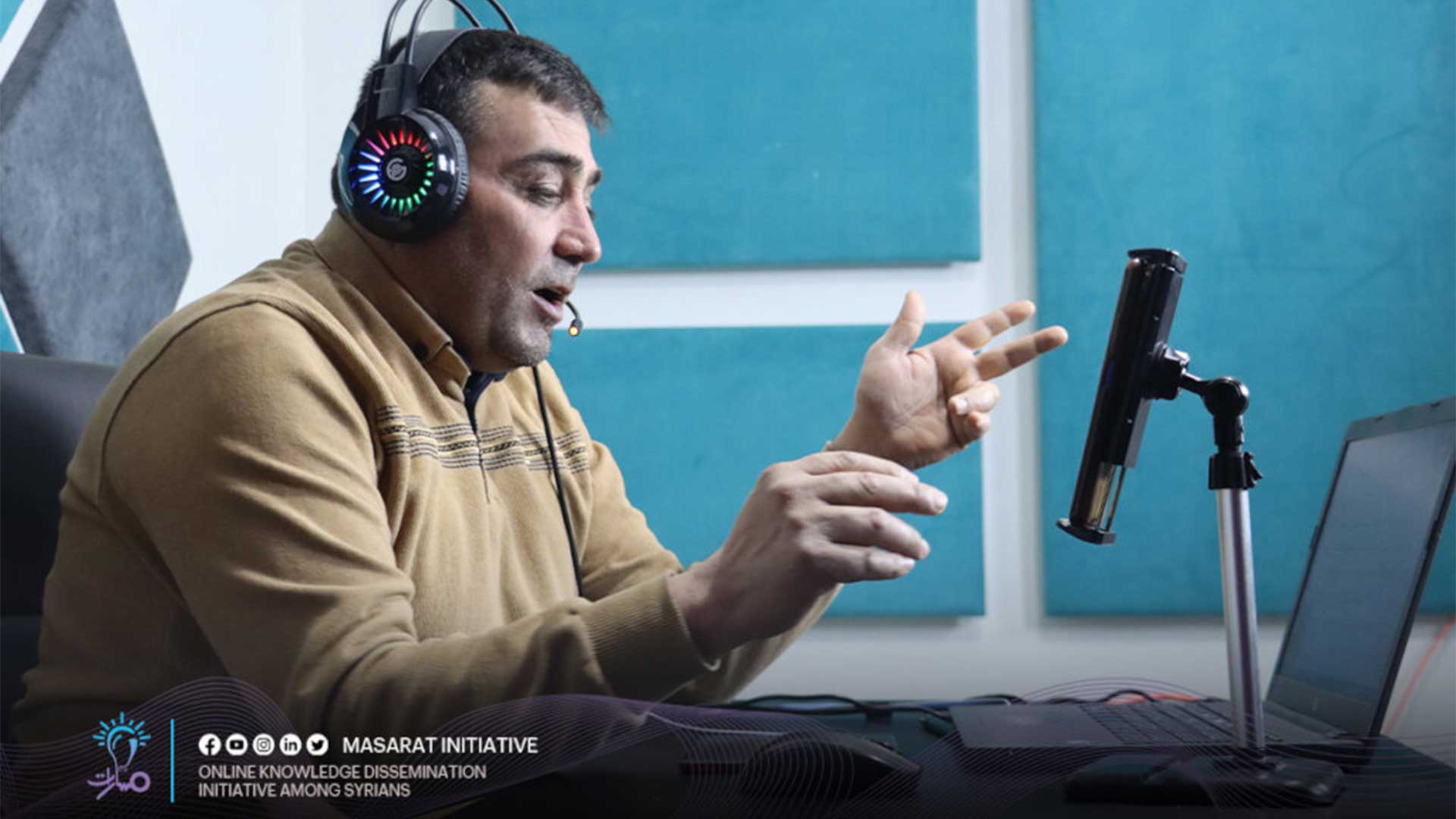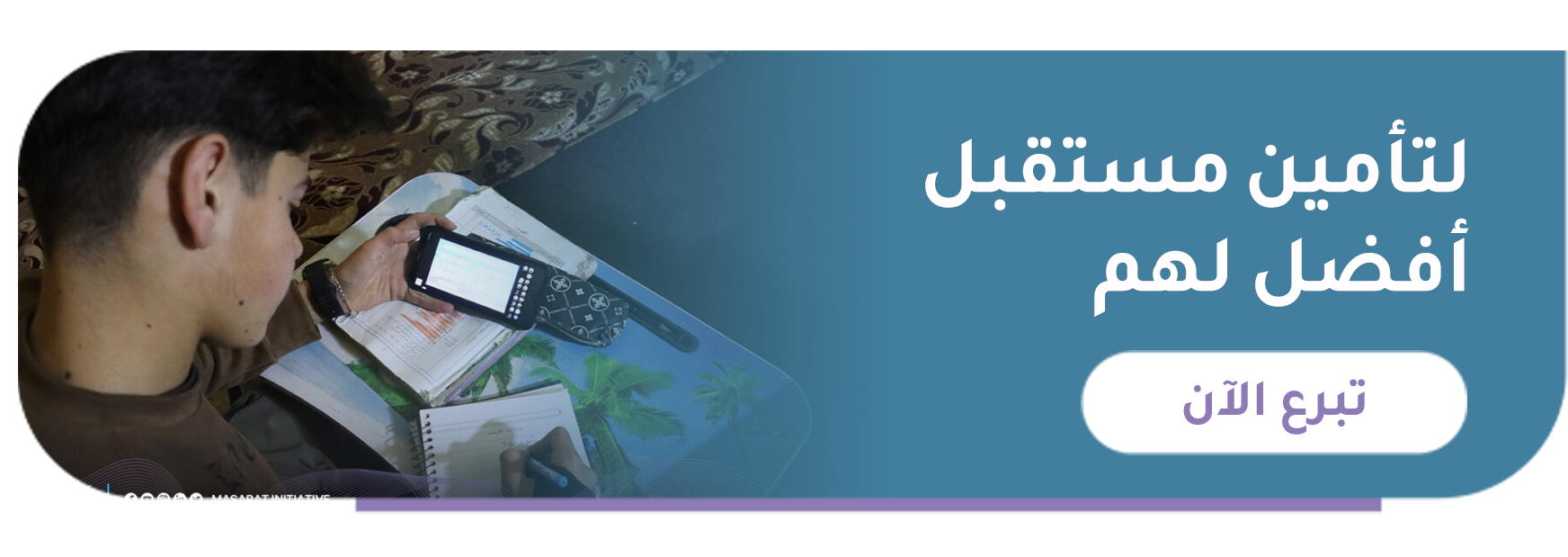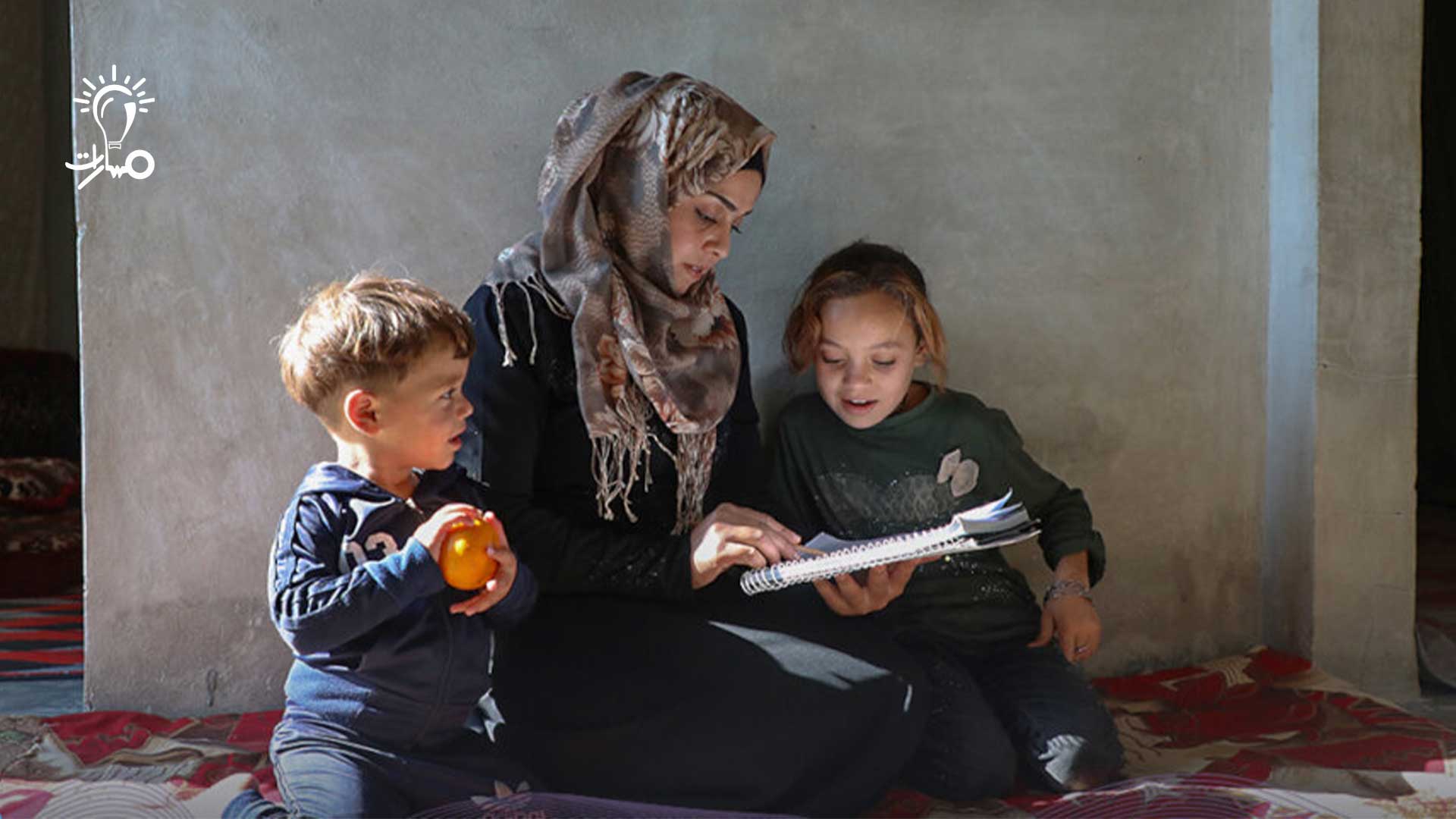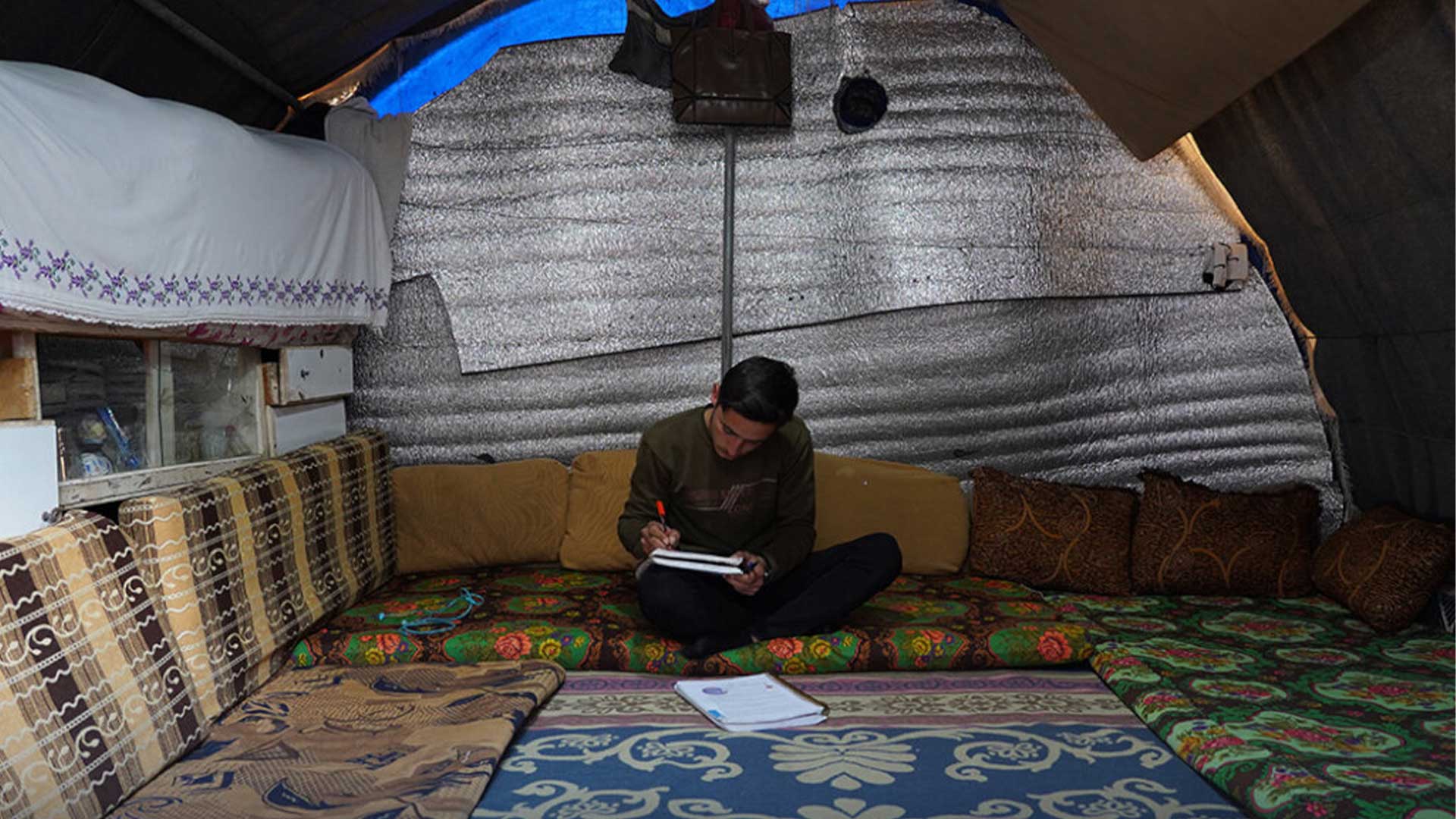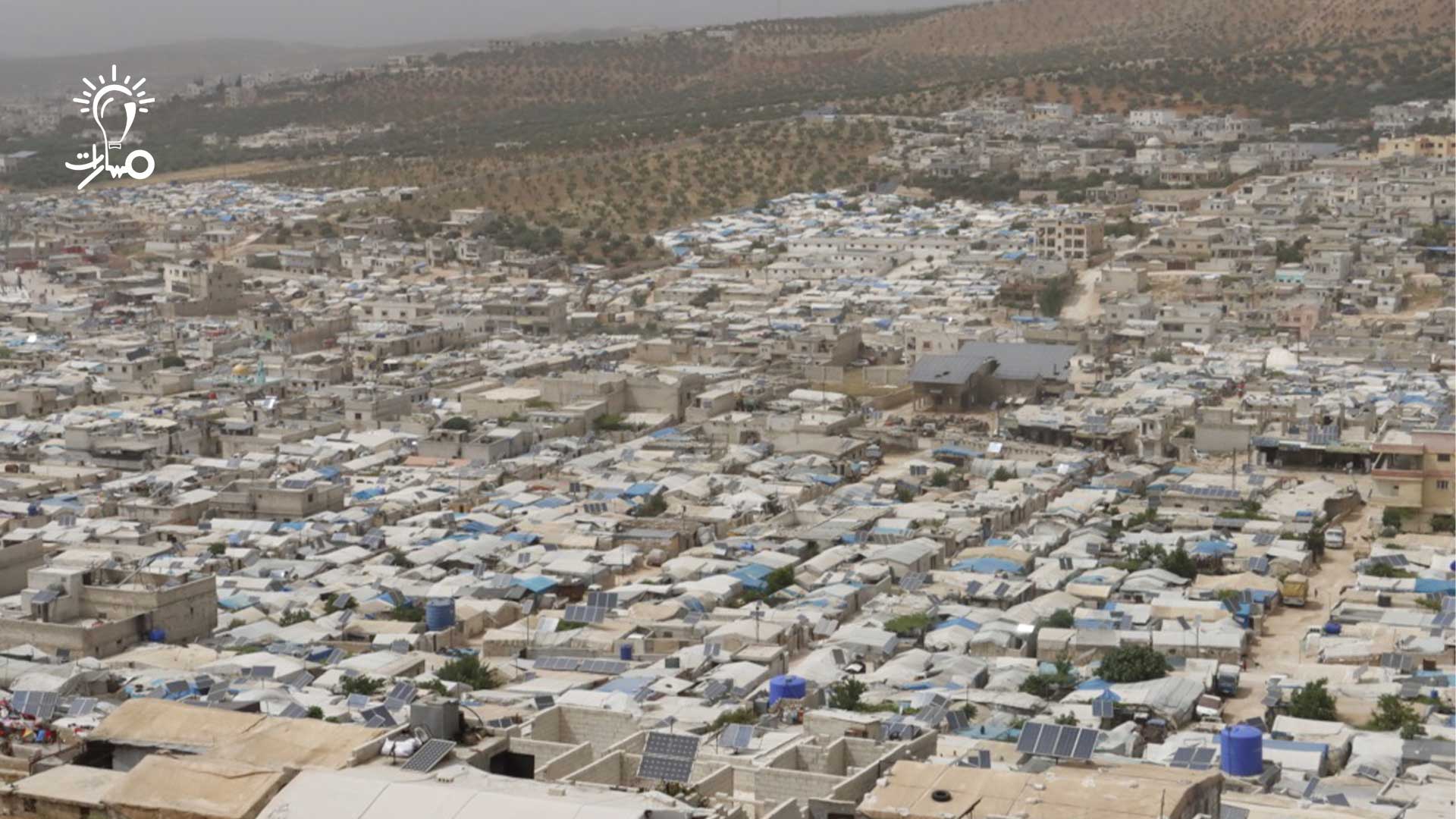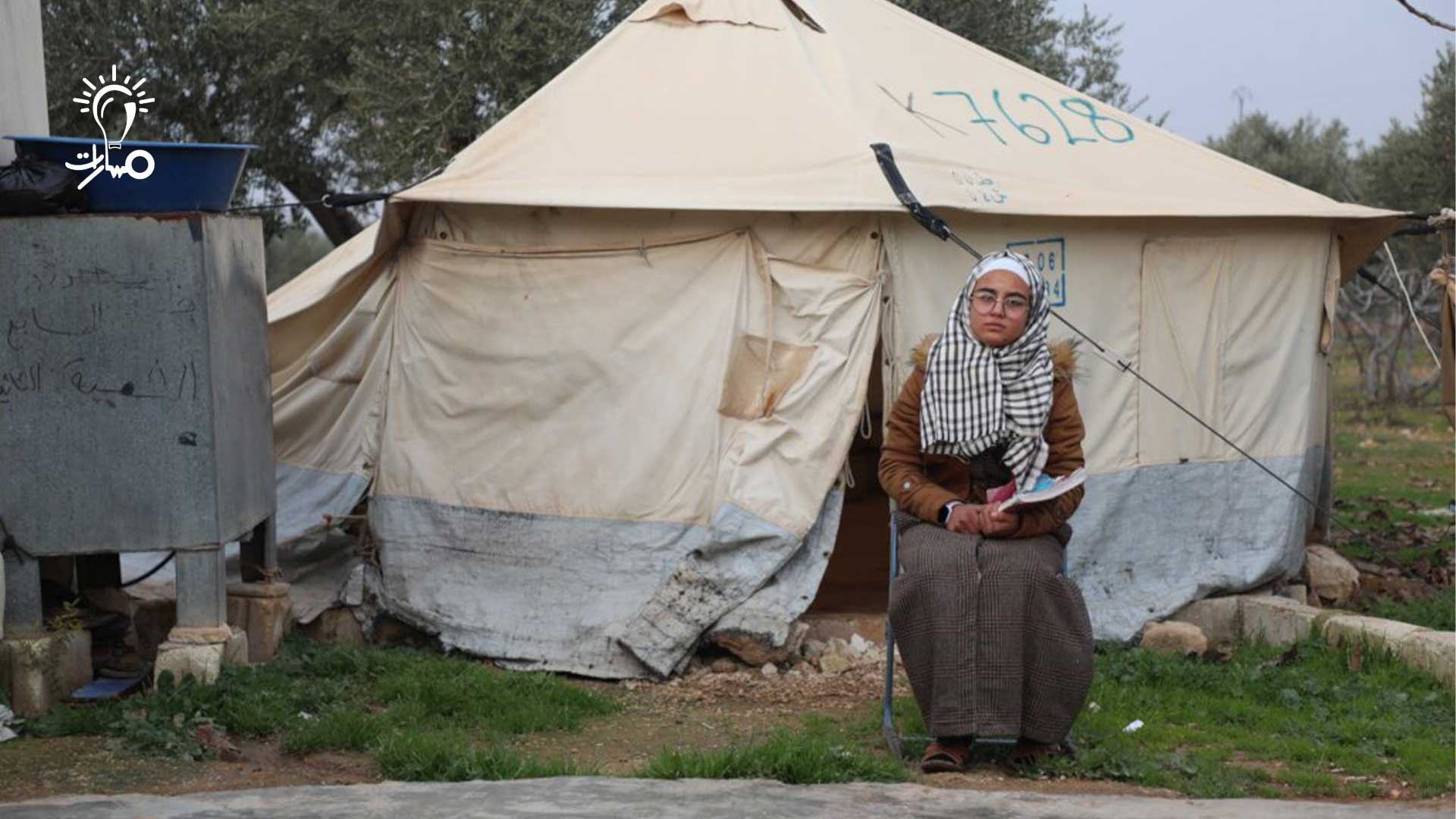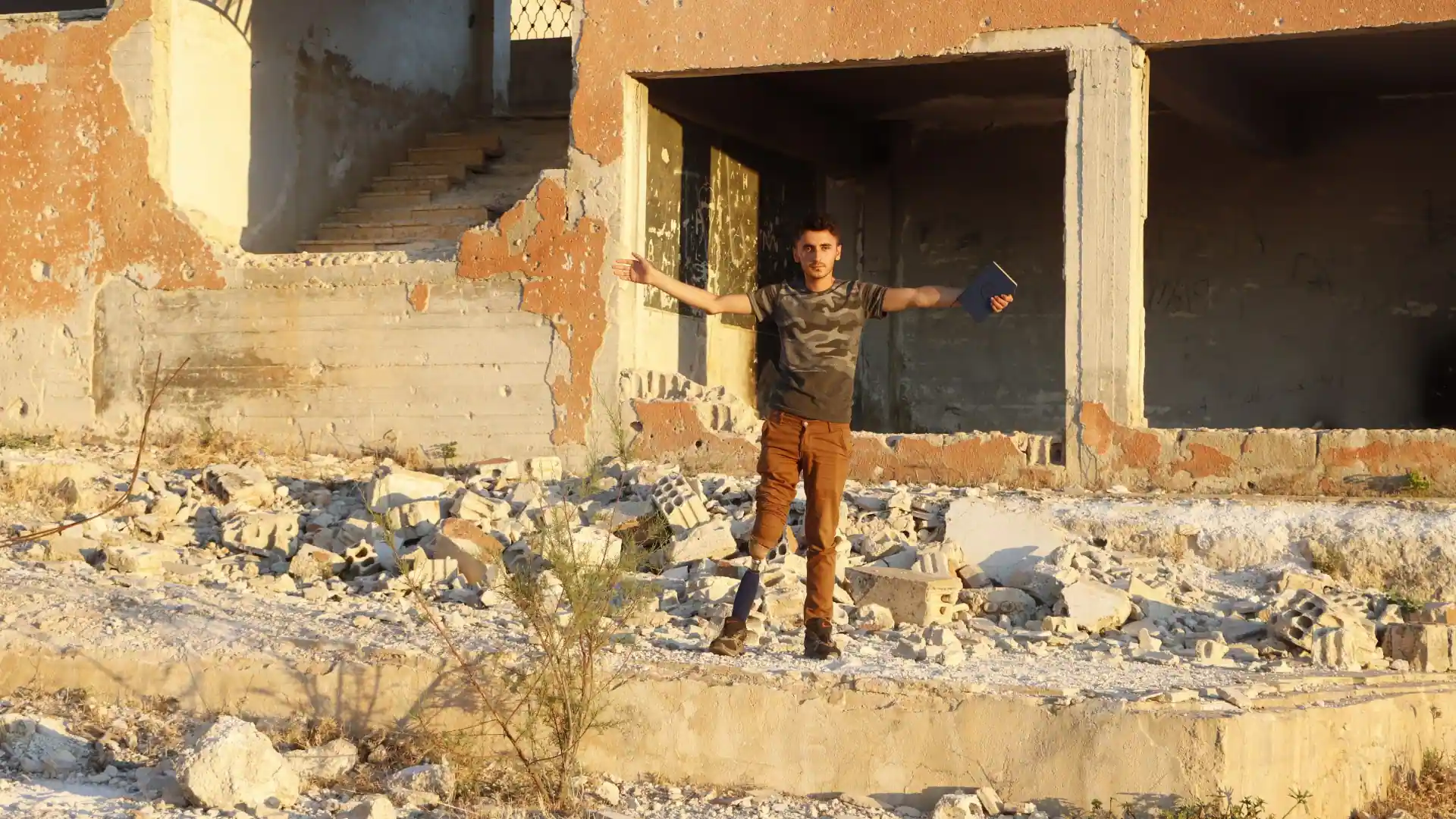Ibn Khaldun is one of the most prominent sociologists and historians of the medieval era, and he is considered a unique figure in Islamic history due to his significant and advanced theories in various fields, including education.
Known for his critical perspective and deep analysis of society and culture in his time, his ideas contributed to a progressive understanding of the educational process.
Ibn Khaldun’s Background and Its Influence on His Educational Thought
Born in Tunis in 1332, Ibn Khaldun lived during a period of significant political and cultural transformations.
He grew up in a rich intellectual environment, receiving comprehensive education in jurisprudence, religious sciences, and philosophy.
This cultural and intellectual diversity in his youth greatly influenced the development of his educational ideas.
Through his travels across different Islamic states and observing the varying educational and cultural conditions, he developed a profound understanding of how society and culture affect educational systems.
These experiences shaped his educational theory, which is one of the foundational elements of his social thought.
The Importance of Critical Thinking in Ibn Khaldun’s Educational Theories
Ibn Khaldun’s educational theories are characterized by their deep analysis of the impact of social and political factors on the educational process.
He viewed education not merely as academic achievement but as a complex process greatly influenced by the social and political environment.
A key element of his theory is the importance of developing critical thinking in students, considering the ability to think independently and critically as the ultimate goal of education.
He also emphasized the importance of diversity in educational curricula, suggesting that students should be exposed to a variety of subjects and ideas to develop their understanding and skills.
Furthermore, Ibn Khaldun stressed the role of the teacher, believing that the relationship between the student and the teacher should be based on mutual respect and understanding.
The Continuing Influence of Ibn Khaldun’s Theories on Modern Education
Ibn Khaldun believed that education should be oriented towards practical applications, not just theoretical knowledge.
This focus on practical application reflects his understanding of the importance of aligning education with the needs of the time.
His ideas about education have not lost their appeal even in the modern era; in fact, they are more relevant in today’s advanced educational systems.
As one of the pioneering thinkers who emphasized the importance of social and cultural factors in education, his principle is now a cornerstone in modern educational theories.
His influence is clearly visible in educational strategies that place special importance on developing students’ critical and analytical thinking skills, which are essential in a world characterized by continuous change and complex challenges.
The Role of the Teacher in Ibn Khaldun’s Educational Philosophy
Ibn Khaldun’s theories highlight the importance of the teacher as a facilitator of education, not just a source of knowledge. This concept is now a fundamental standard in effective teaching practices in most universities around the world.
This emphasis on the teacher’s role in supporting student independence and personal growth aligns with modern educational methods that promote active and interactive learning.
Moreover, his insistence on practical aspects of education aligns with modern trends that link theoretical knowledge to practical applications.
This vision is vital in an era that values the application of knowledge and skills in real-world contexts.
In these ways and others, Ibn Khaldun’s ideas continue to influence educational concepts, providing valuable guidance for teachers and students in our technologically and knowledge-accelerated world.
Ibn Khaldun’s Influence on Modern Educational Systems
It is essential to emphasize that Ibn Khaldun’s educational theories remain highly relevant and influential in our current world. His emphasis on:
- The importance of critical thinking
- The role of the teacher
- The practical applications of knowledge
makes Ibn Khaldun a pioneer in the field of education, ahead of his time with his ideas.
Integrated Education According to Ibn Khaldun: More Than Just Academic Achievement
Ibn Khaldun’s views continue to inspire educators and students, highlighting the importance of integrated education that goes beyond mere memorization and repetition.
His thinking stands as a testament to the power of critical analysis and comprehensive perspective in shaping the future of education.
His views on education provide a strong foundation that has been applied in practice across various times and places, evolving and improving with the advancement of time and the introduction of technology.
He focused on the quality of the teacher and their mastery of the subject matter and emphasized the necessity for the learner to be ready and willing to receive knowledge.
He pointed out the necessity for quality curriculum and effective teaching methods, and he did not neglect the importance of practical work and the impact of environment and previous experiences in shaping the paths of knowledge and civilizational development.
Author: Fouad Al-Deek, Human Resources Director at Masarat Initiative

